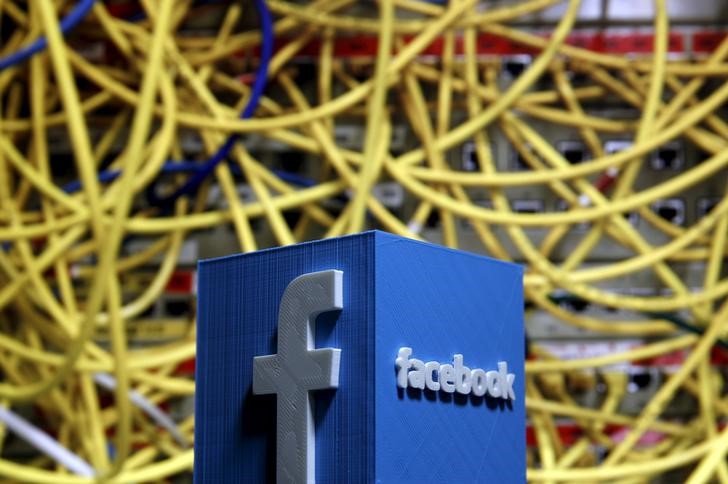By David Ljunggren
OTTAWA, April 24 (Reuters) - Security ministers from the Group of Seven leading industrialized nations will on Tuesday press major tech and social media companies to do more to combat the spread of extremism, officials said.
Representatives from Facebook FB.O , Twitter Inc (NYSE:TWTR) TWTR.N , Alphabet Inc's GOOGL.O Google and Microsoft Corp MSFT.O will address the meeting in Toronto.
The four companies are part of the Global Internet Forum to Counter Terrorism (GIFCT), set up last year under pressure from governments in Europe and the United States after a spate of deadly attacks.
"It is important for GIFCT to increase its efforts to prevent and counter violent extremist and terrorist use of the internet," said Scott Bardsley, a spokesman for Canadian Public Safety Minister Ralph Goodale.
Ways to do more included ramping up research on how extremists use the internet, as well as the creation and adaption of technological solutions, he said.
Security officials say a spate of so-called lone wolf attacks around the world is in part caused by people becoming radicalized by what they see online.
The European Union last month said internet companies had three months to demonstrate they were removing extremist content more rapidly or they would face legislation forcing them to do so. person briefed on the Toronto talks said it was unclear whether the G7 would back calls for regulation, given reluctance by Washington to crack down on what are predominantly U.S. companies.
Goodale told reporters on Monday that the focus of Tuesday's meeting was what the firms and governments could do together to counter "terrorist use" of the internet.
"What if there is no cooperation (in) the effort to counter a very serious harm like foreign interference with democracy - what are the consequences of that?" he said.
The GIFCT said last December that a database it had created to identify extremist content contained more than 40,000 videos or images. G7 nations - the United States, Britain, Canada, Germany, France, Italy and Japan - also are due to discuss cyber security and how to prevent attacks by militants returning to their home countries after fighting in places like Syria and Afghanistan.
